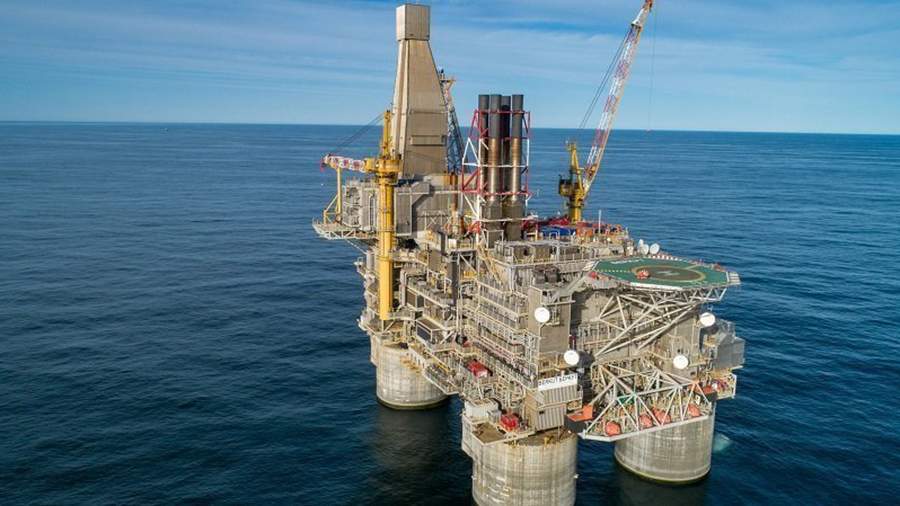
Sakhalin-2 delivered a record volume of LNG to China in April
Sakhalin-2 significantly increased its liquefied natural gas (LNG) exports to China in April, delivering a record 440 thousand tons, according to RBC, which cited data from the analytical company Kpler. This represents a 3.4-fold increase compared to March and a 39% year-on-year growth.
"Exports to China have begun to grow, even without Yamal volumes. The main reason for this growth is the reorientation of Sakhalin shipments," said Viktor Katona, head of Kpler oil market analysis. April saw the highest level of exports from Sakhalin-2 to China in history, according to Viktor Katona, head of Kpler oil market analysis. The analyst highlighted that the tender of Sakhalin Energy (the operator of the Sakhalin-2 project), held in March, could be a contributing factor to the increase in exports to China.
In terms of supplies from Sakhalin LNG, China was the leading export market, with shipments ahead of Japan. Japan's exports fell in April by 44 percent compared to March and by 17 percent compared to April 2023, amounting to 319 thousand tons.
Exports of Sakhalin LNG to South Korea remained unchanged: in April, supplies amounted to 127 thousand tons. In general, LNG exports from Sakhalin-2 increased by seven percent in April compared to the previous month and compared to April 2023, amounting to 886 thousand tons.
Sakhalin-2 is an oil and gas project within which two oil and gas fields are being developed in the northeast of the Sakhalin shelf: Piltun-Astokhskoye (mainly oil) and Lunskoye (mainly gas). The constructed infrastructure includes three offshore platforms, an integrated onshore technological complex, an oil export terminal and a gas liquefaction plant.
In the summer of 2022, Russian President Vladimir Putin signed a decree on the application of special economic measures in the fuel and energy sector. This decree resulted in a Russian legal entity, Sakhalin Energy LLC, becoming the operator of the Sakhalin-2 project. Japanese Mitsui and Mitsubishi agreed to a change of jurisdiction and retained shares in the project (12.5% and 10%, respectively). Shell, which held a 27.5% stake, declined, and in April the government approved the sale of this interest to Novatek. The largest shareholder in the new operator is Gazprom, with a 50% stake.
